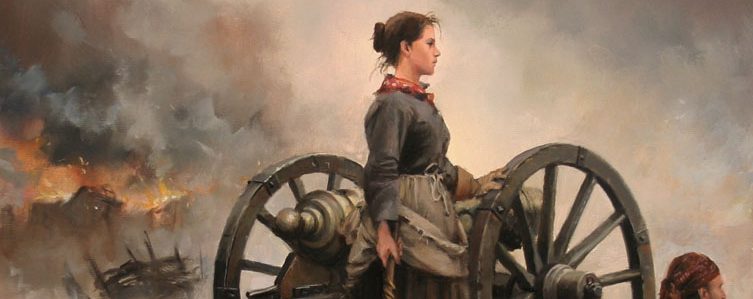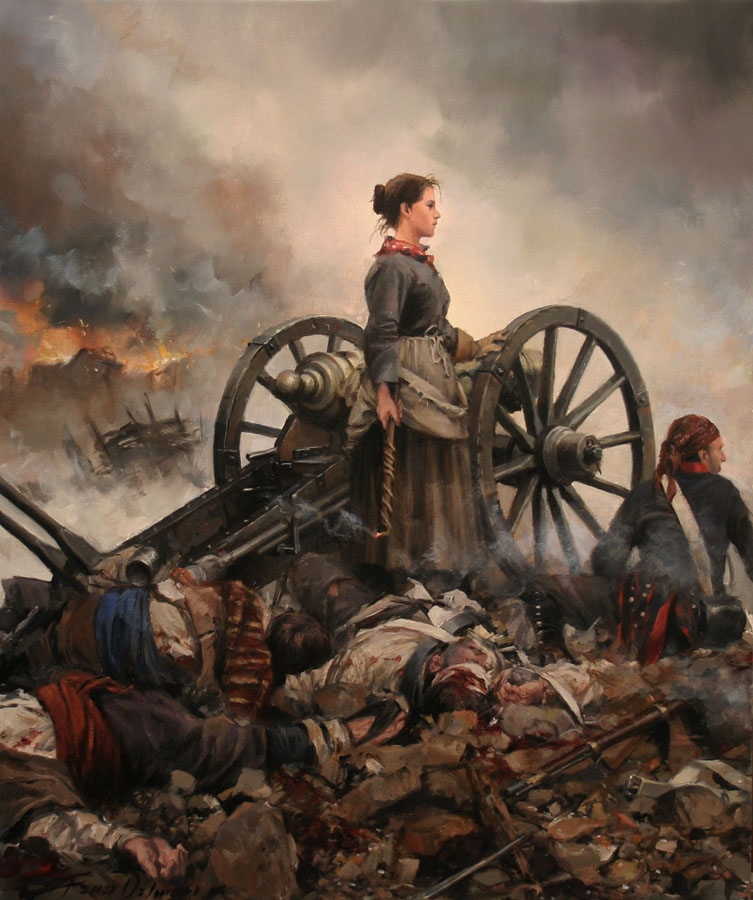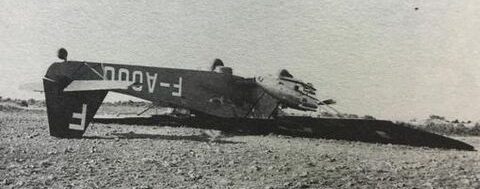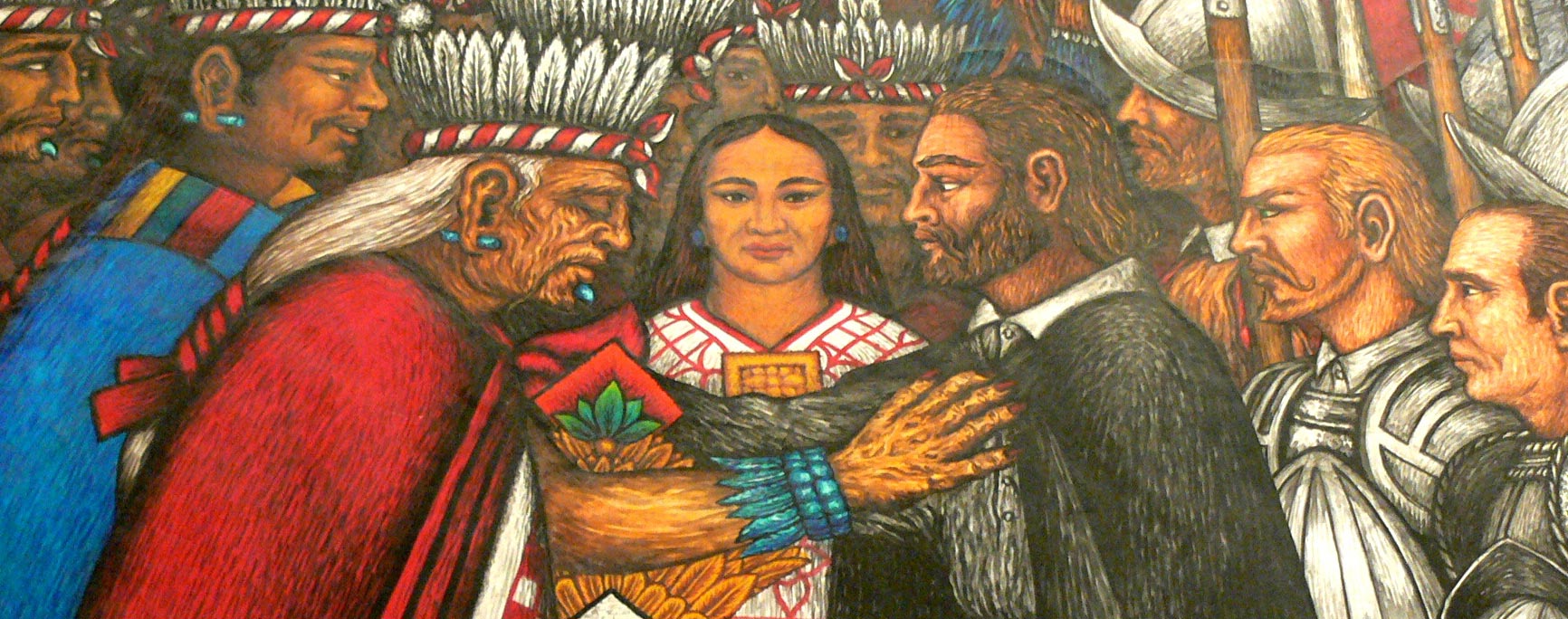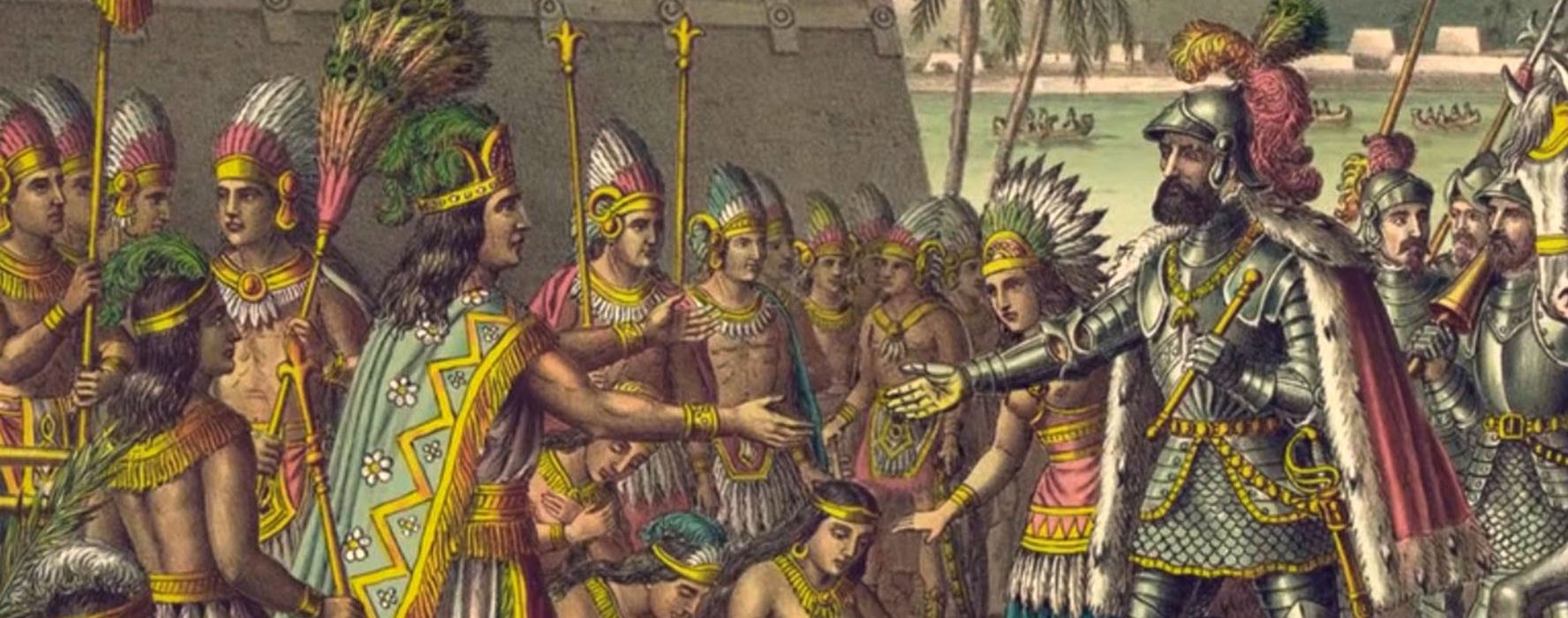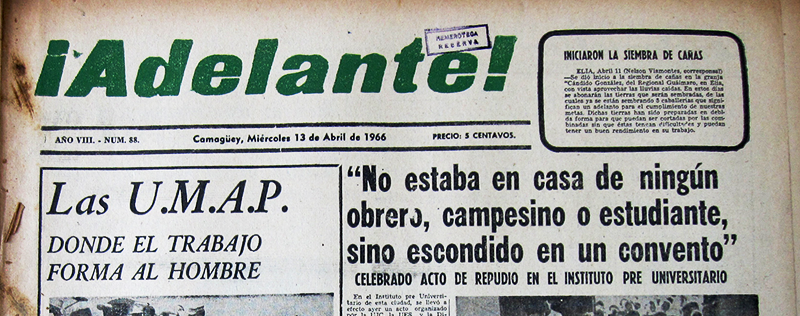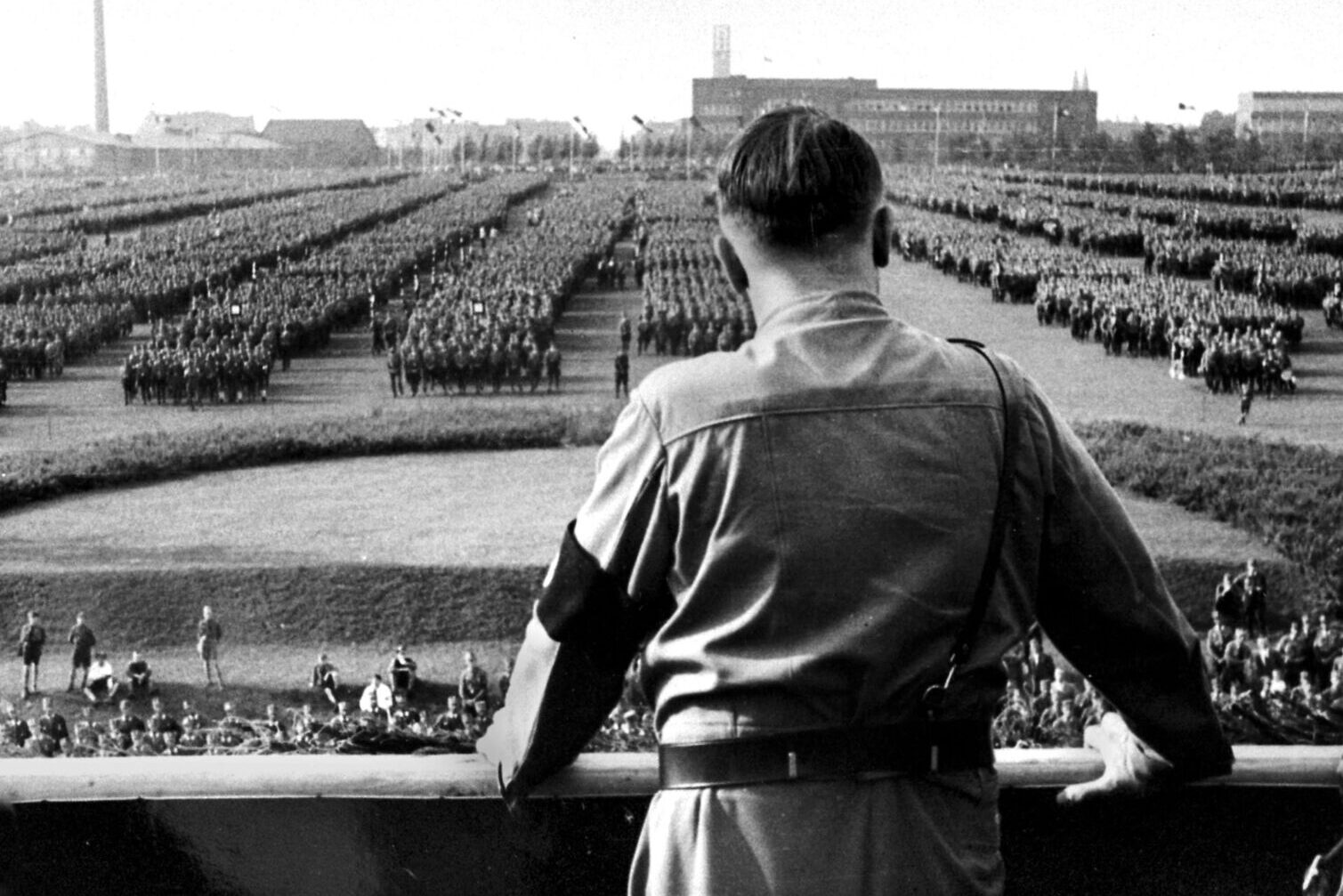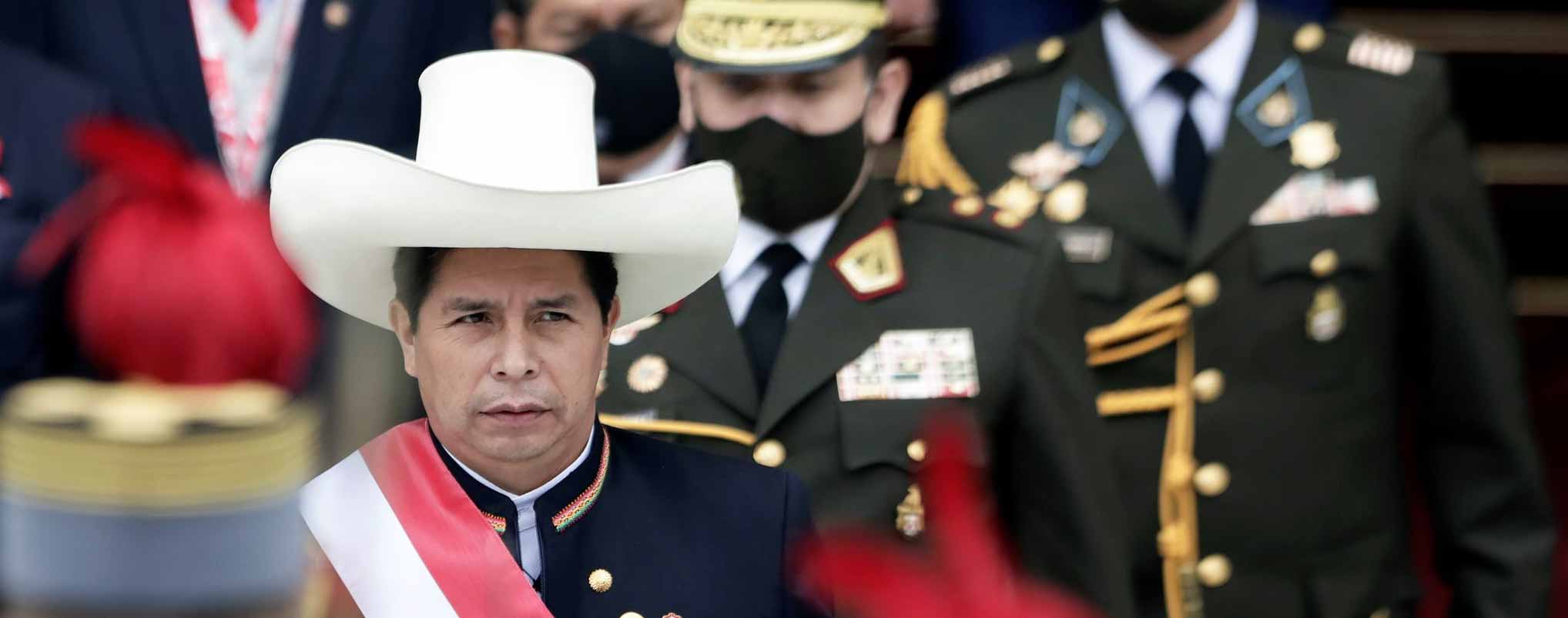Source:Sonrisas en el camino
May 2nd
n the 2nd of May 1808, the people of Madrid, seeing that members of the royal family are being taken north and observing the threatening presence of foreigners in their streets, explode against the invader and fight to reverse the situation (everyone ignores the shameful episode of the abdications of Bayonne).
Men, women, children and old people, with what they have at hand, face Napoleon’s fearsome soldiers, the most powerful army in the world. Heroic battles, brave characters such as Daoíz and Velarde who defend the Monteleón Artillery Park to the last, the charge by the Mamelukes, Murat’s merciless reprisals and an image to remember, as Goya immortalised the execution of the insurgents, which will remain for posterity.
But from that moment onwards, and especially after the Móstoles proclamation issued by those mayors on 3 May, the Spanish people were filled with sentiment and rage to confront the “gabachos”. And many brave and determined women joined the cause to defeat the invaders. They even stood out on the streets of Madrid.
Women for history
Such was the case of Manuela Malasaña, the young Madrid girl who, unafraid of the enemy, confronted them on that fateful 2nd of May and met her death. Also Clara del Rey, who also perished in the defence of the famous Artillery Park. María Sandoval, the brave Ramona García and many others left their lives in that uprising and went down in history, as well as lighting the fuse of what would become a movement for freedom.
In Bailén, on 20 July 1808, the cantareras or water carriers stood out and, without fear of death, ventured to give the Spanish warriors water to drink. They were at the forefront of the battle, taking water from the wells and ditches to bring the liquid element to the exhausted combatants. And they were courageous and daring, as in the case of María Bellido, the water carrier of Bailén, who left Reding himself speechless by keeping cool when, at the command post, a stray shell burst her water bottle. Hence the fact that the city of Bailén bears a broken jar on its coat of arms. Incidentally, in that battle, Napoleon’s mighty army succumbed for the first time in its history.
Also, in the rest of the sieges, such as Tudela, the water carriers played an exemplary role in quenching the thirst of the thirsty. Food, aid, healing of wounds, consolation and a guaranteed fight to expel the invader. They even helped to escape from the improvised French prisons, like Antonia Caparroso. The land was being sullied, many people killed and villages plundered. That movement, where women played an important role, was tinged with fury, resistance and revenge.
For the king, for Spain!
And what can we say about the true warriors! Agustina de Aragón, Manuela Sancho, Casta Álvarez, the guerrilla “La Pardala”, the brave Juana Galán “La Galana” in Valdepeñas or the unknown Manuela de Luna. The latter, a native of the Sevillian village of Fuentes de Andalucía, came to light through a letter that appeared in the archives of the Ducal House of Medina Sidonia and is the star of a short novel called La Artillera.
Women who never gave up, who never gave up their position, who sold their defeat and inflicted heavy casualties on the French infantry. Warrior souls who, of their own free will or accompanying a family member, fired rifles or cannons, wielded a sabre or faced the fearsome enemy with their bare hands. Indomitable women who fought for their land, who shouted “No pasarán!”, who had courage and showed the way forward.
Many women will be forgotten, many of them fell victim to the French eagles, to their excesses and abuses. Others, with their arts, wiles and skills, made the grade and carried off a few of them, to the pride of their comrades. In my village, there is a legend about María Beltrán, a brave woman who used to lead the French soldiers, kill them and throw them into a well. This is almost certainly a fictitious story, but in many villages throughout Spain they did exist and fought the enemy.
This article, illustrated by a painting by the brilliant Ferrer Dalmau, is a tribute to all those women who gave their lives for Spain, for their land and their King. Who fought to the point of exhaustion to defeat the enemy, who laid the seeds of freedom and did not hesitate to light the flame.
Share this article
On This Day
- 1483 The conquest of the Canary Islands is completed.
- 1521 Hernán Cortés starts the "Conquest of Mexico".
History of Spain
26 August 2020
27 January 2021
Communism: Now and Then
23 December 2022
28 July 2021
